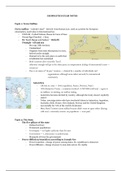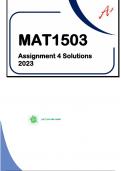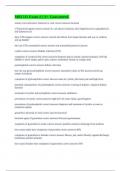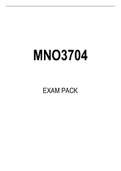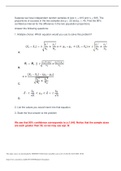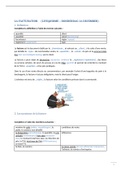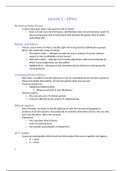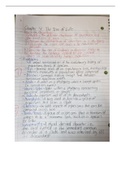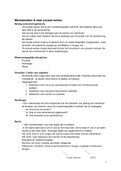Lecture notes
GEOPOLITICS Exam Notes
- Module
- Institution
- Book
Geopolitics exam notes completed at ESADE Buisness School for Global Governance, Economics and Legal Order. Grade achieved: 9.4/10 with honours. Topics ranging from the creation of the state and Westphalia to covering the geopolitics of Russia, China, the US, India, Japan and more.
[Show more]
